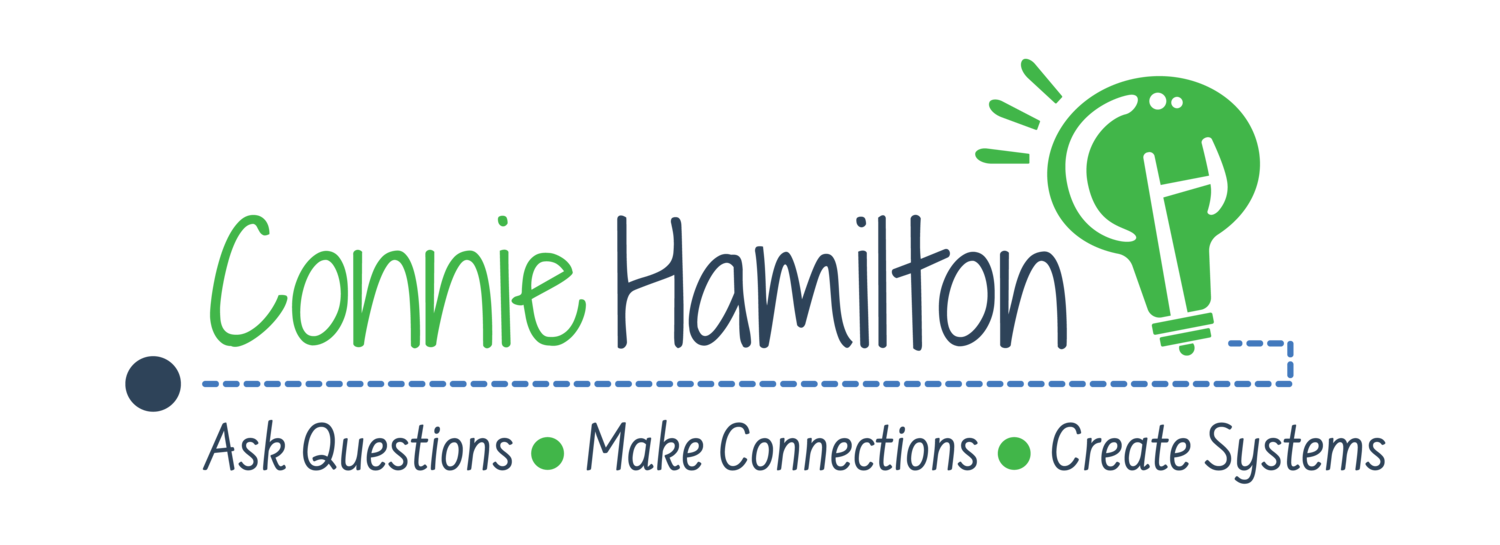Social and Emotional Learning and Inclusion
Workshops can be modified for time and audience.
Custom workshops can be developed to target your goals.
Asset-Based Thinking
Did you know your brain is designed to focus more attention on negativity than positivity? While our brains naturally prioritize negativity for survival, this tendency leads to deficit thinking in education. Deep learning thrives on recognizing students' strengths and areas for growth. Shifting from an exclusive gap-focused approach, this workshop introduces asset-based thinking. Learn to leverage students' knowledge, skills, cultures, experiences, and interests, creating a more inclusive and empowering learning environment.
Building an Inclusive Culture Through Questioning
Not all questions are equal—consider their depth, timing, openness, and potential impact on student responses and learning. While educators often reflect on these aspects, what's often overlooked is the profound effect questions have on students, especially those from historically marginalized groups. Building an inclusive classroom through questioning demands keen awareness and intentional efforts. Join us to investigate how questioning practices can positively influence students' self-perception and foster an inclusive learning environment.
From Frustration to Connection: Unleashing DBT Strategies
Discover the dynamics of Dialectical Behavior Therapy (DBT), unraveling the frustration that arises when emotional and rational states collide. Grasp the three states of mind—emotional, rational, and wise—to enhance communication and turn heated exchanges into productive conversations. Acquire skills to de-escalate situations by validating emotions, applicable across interactions with students, colleagues, friends, and family. In one session, become adept at navigating emotional dynamics, transforming frustrations into effective communication tools for various aspects of your life.
Inviting Questions
Foster a safe and inviting classroom where students feel secure socially, emotionally, and academically, encouraging them to embrace challenges and grow. This session explores actionable steps educators can take to craft questions that captivate students, reducing instances of disengagement or the common response, "IDK." Delve into the semantics and structures of questions to cultivate an inclusive learning space. Join us in creating an environment where questions become catalysts for thinking and learning, promoting perseverance and productive struggle among students.
The Role Esteem has on Student Engagement
Explore the link between students' self-perception and their engagement levels. Uncover the impact of self-esteem on student involvement and discover strategies to cultivate a classroom culture that uplifts esteem and honors all students. This interactive session delves into the science behind students' self-esteem, equipping you with practical skills for immediate application. Leave with an understanding of the dynamics involved in fostering a positive self-perception among students and creating an inclusive classroom environment where every individual feels valued.
Self Care for YOU and Your Students
Are you giving your all to teaching, leaving little for yourself and your family? Prioritize self care that goes beyond treating yourself to a latte. Discover the importance of five areas of your well-being—tending to your physical, emotional, cognitive, social, and spiritual needs, even during the school day. This interactive experience provides actionable techniques such as how to set clear boundaries so you can maintain a healthy work-life balance.
Student Safety: The Social, Emotional, and Academic Kind
How students feel in the classroom has an impact on their engagement, willingness to take risks and their ability to learn. We will explore the neuroscience of safe versus unsafe environments and how they impact students’ physiological ability to learn. Analyze social, emotional, and academic safety individually, unraveling their interconnected dynamics. Depart with actionable insights, empowering you to enhance engagement and success by fostering a secure learning environment where trust is established. These tangible strategies will make a difference in your classroom.


